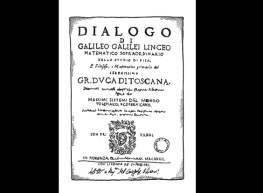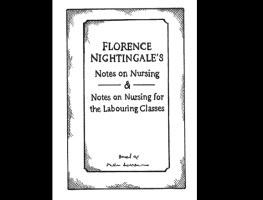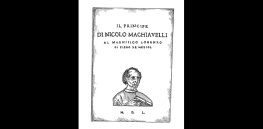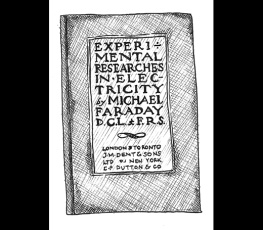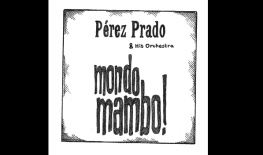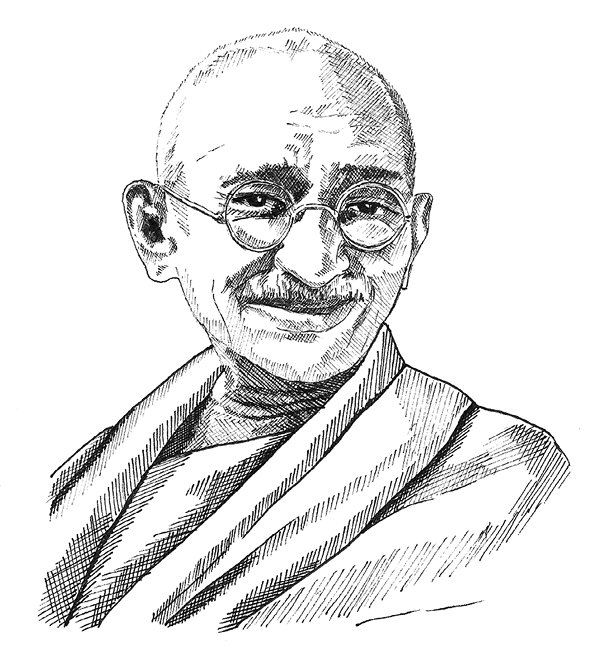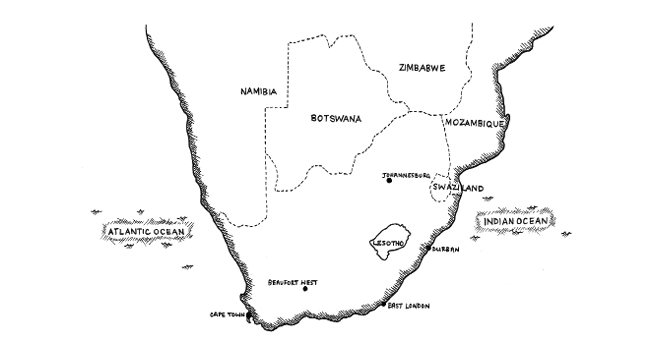Mohandas (Mahatma) Gandhi
1869 1948
At the age of 13, I was married
My wife was 14 years old
It was an arranged marriage and we had no choice
That was part of our Jain culture in Porbandar, Gujarat
Our first child was born when I was only 15 years old
Tragically, our child died after only a few days
Medical facilities were poor and many children died young
Over the next 15 years, we had four more children
Therefore, I had many responsibilities
Despite this, I wanted to study law
When I was 18, I set forth to London
I had heard so much about the city from teachers
India, at that time, was under the rule of the British Raj
Many white men from the British Isles were sent to our country
They imposed their law, but could not change our customs and beliefs
Now, I was en route to be a university student in the sahibs country
It was a culture shock to arrive in such a big city
From the heat of India, to the cold and damp of England
From the dusty roads, to the busy streets
From being one of many, to being one of the few
I had gained a place at London University College
Being a long way from home, each day was a challenge
Many lonely days were spent studying law books
My interests were in the principles as much as the practice
Law to me was more a matter of morals than just facts
My early life in Porbandar, influenced me
Most people lived in poverty and hardship
However, we were rich in our faith
My mother guided me in the key principles of the Jain religion
Non-violence was a central principle
The resolution of differences should be through respect
Tolerance and mutual understanding were the keys to progress
By living the spiritual life, one could progress to divine consciousness
These principles, I took to London where I studied logic and reason
Jainist principles, guided me in my studies and social life
Conquering ones own inner enemies is a continual battle
Personal wisdom and self control, are important
Responsibility for ones action, is essential
Those beliefs, guided poor and rich alike where I came from
However, in London I found many different views
Capitalism and communism were more debated than Jainism
Democracy or theocracy?
Debate or dogma?
I held strongly to my beliefs
It meant abstaining from alcohol, sex and vices found in the city
Yet, I absorbed many new ideas and linked them to mine
In 1891, I graduated and was called to the Bar
It sounded a peculiar expression
As if one was about to be served drinks
In reality, it meant that I became qualified as a barrister
Two days later, on June 12 th 1891, I set sail for India
On arriving, I was told my mother had died
Days of sadness followed
Trying to care for my family, I set up a law practice in Mumbai
The lack of clients meant that it was soon closed
Next, I was rejected when I applied for a job as a school teacher
Life was hard and would get even harder
In 1893, I accepted a one year contract in South Africa
South Africa
It was in the British Colony of Natal
Another outpost of Queen Victorias Empire
At last I had some paid work
Immediately, I faced discrimination
At Pietermarizburg, I was removed from a train
I had a first class ticket, but the guard told me to sit in the third class
Several hotels barred me from renting a room
A judge told me to take off my turban, but I refused
My Jainist beliefs told me that action against prejudice was required
The law was not sufficient to protect ones rights
Therefore, I extended my stay, to campaign for civil rights
The Natal Indian Congress was formed, in 1894
Through that organization, the Indian community gained a voice
Returning to India, I persuaded my family to join me in South Africa
Life there, however, was not easy for us
White settlers attacked me in Durban, during 1897
I refused to press charges against those responsible
You must be the change you wish to see in the world
That was my philosophy
It emerged from seeing poverty, injustice and suffering
My aim was to bring about peace and prosperity
It was a life-long quest on various continents
However, in South Africa it seemed a long way away
A publication called Indian Opinion was started
It was a centre point for airing our grievances
In 1906, at the Empire Theatre, Johannesburg, I spoke out
Indian marriages had been declared as not legal
It was one of many speeches and protests
Year after year, they continued
In 1908, I was arrested for leading resistance to inequalities
Two months in prison strengthened my resolve
It was important to stand up for ones beliefs
That included supporting the British in the war against the Zulus
Yet, on the streets, prejudice against Indians remained
In 1913, I led 2500 Indians in defiance of the law
Once again, I was arrested and put in prison
On being released, I travelled to London
There was gloom in the air and on the ground
The First World War was starting
More violence and destruction on a scale not seen before
Could such a conflict occur in India?


